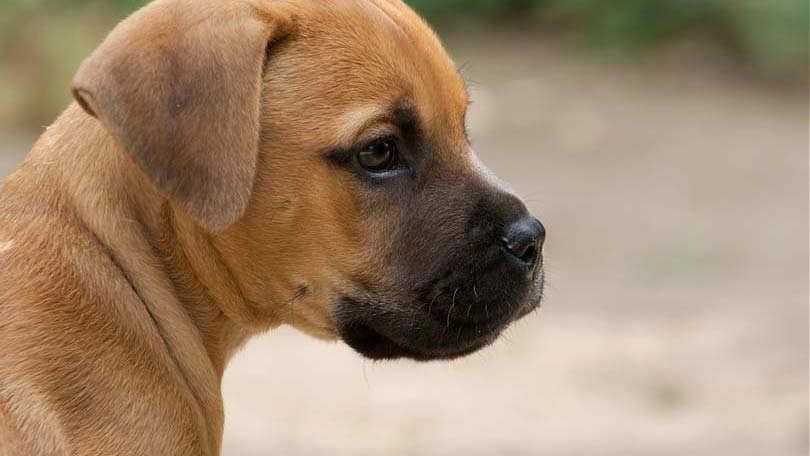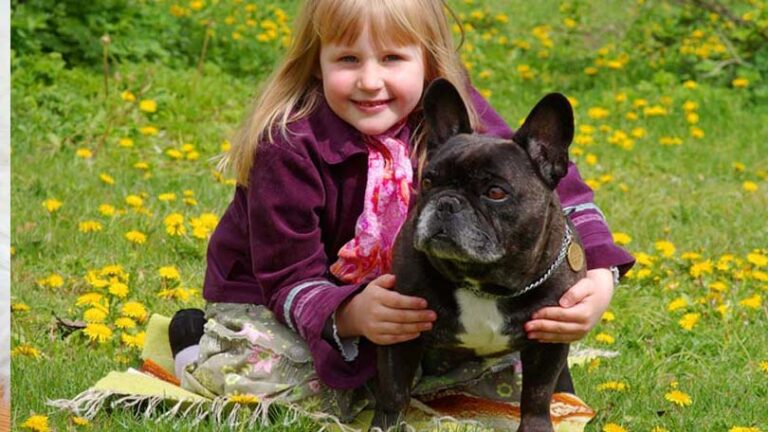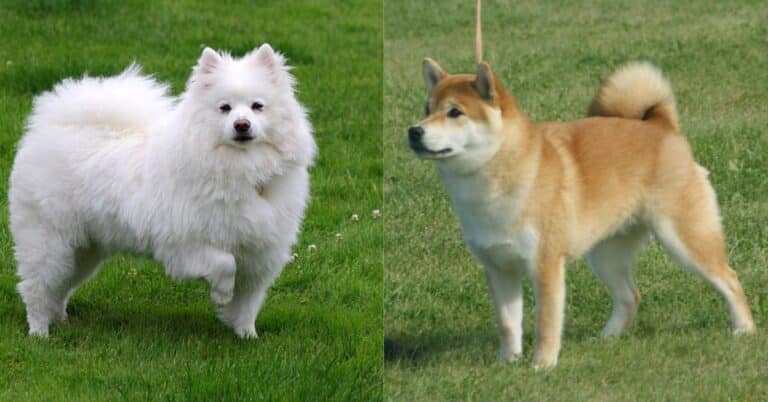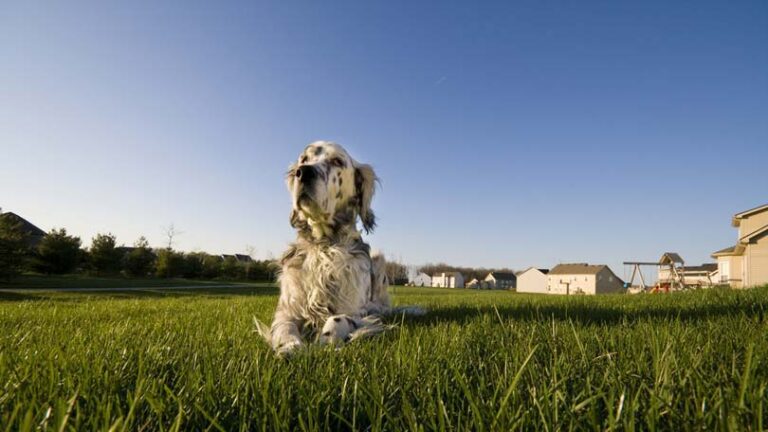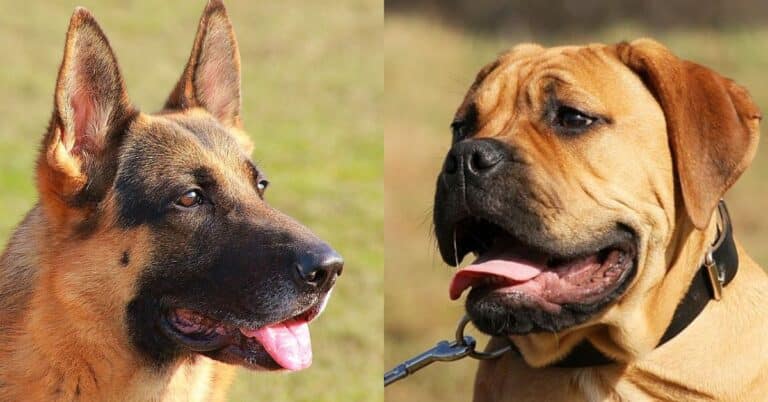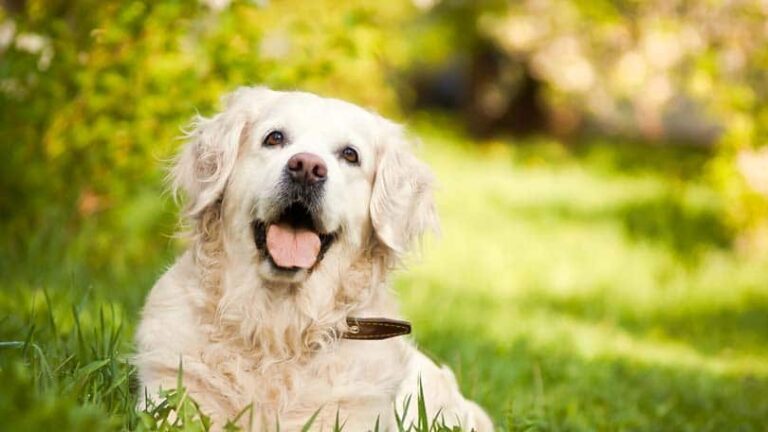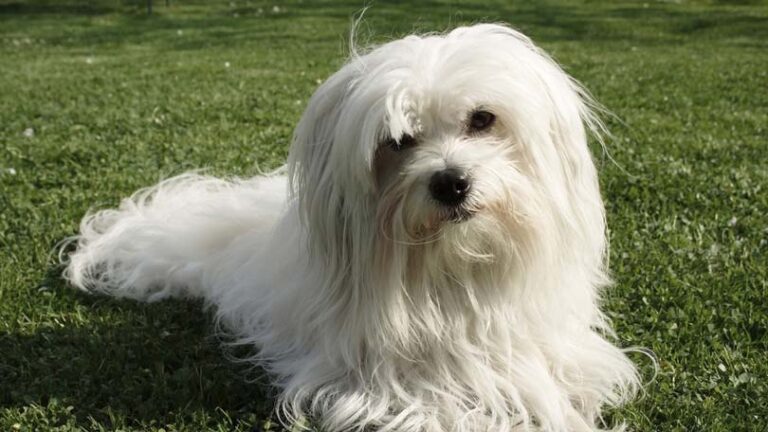When do Puppies Lose Their Baby Teeth
Your soft, sweet, cuddly puppy is four months old and, to be truthful, you are ready for those needle-sharp puppy teeth to be a thing of the past. Any day now would be fine. Please? Although after persistent training on your part, he bites less often than he did two months ago when you first brought him home, with the muscle and size he has gained in that time when he does, he draws blood! You know he does not mean to and that he is still a baby but ouch! Those milk teeth hurt! When do puppies lose their baby teeth already?
What are Milk Teeth?
Aside from the UK-based rock band Milk Teeth, milk teeth are also known as deciduous teeth, baby teeth, temporary teeth, or primary teeth. They are the first set of teeth in humans and most mammals and develop while still in the embryonic stage. In puppies, milk teeth erupt or cut through the gums when the pup is three to four weeks old and this happens to coincide with the mom beginning to wean the litter. By six weeks, the mother usually has the pups fully weaned as the sharp teeth combined with the greater strength of the pups have begun to wreak havoc on her nipples during feedings.
Teeth are living tissue called pulp covered in hard enamel. The pulp contains one to three roots depending on the tooth, blood vessels, and nerves. The roots are buried below the gum line and protect the nerves from damage. Although the exact number of teeth is somewhat breed dependent, on average puppies have twenty-eight milk teeth that are replaced with forty-two adult teeth.
When do Puppies Lose their Baby Teeth
For many of us, the quick answer is ‘not soon enough!’. However, the long answer is around three months of age but it again depends on the breed. Large breed puppies tend to start losing their teeth sooner then small breed puppies on average, however this can vary on the individual.
The puppy loses their baby teeth when the adult teeth begin to nudge the baby teeth out of the way. This can happen without the owner really being aware of the problem as some pups never show any discomfort and, unlike human baby teeth, the puppy’s milk teeth are often absorbed and/or swallowed. Some pup, however, suffer greatly as their adult teeth come in; talk to your vet about the best way to ease the pain of teething for your puppy.
Some puppies ‘retain’ their baby teeth as the adult teeth come in and they must be removed by your veterinarian. Teeth are always inspected at the time of spaying and neutering to make sure that they are coming in correctly and to remove any retained deciduous teeth at this time while the pup is under general anesthetic. Removing the baby tooth on your own can cause the root to break off, causing discomfort and potential infection for your puppy.
How Long Does the Teething Last in Puppies?
Puppies can be a handful when they are teething as instinct tells them to chew everything in a constant attempt to ‘cut’ the new adult teeth through the gums. Although the teeth soon emerge to their full size, they are not yet set in the jaw. This process can take up to eighteen months and during that entire time he has an instinctual need to chew as the action helps the process along.
Some pups become voracious in their determination to chew everything in sight that does not run away from them. To help ease this time for both your sanity and your pocket book, make sure there are plenty of dog toys in the house, keep anything you do not want him to damage safely up off the floor or in closets, and spray furniture, wood trim, and anything else with ‘Bitter Apple’ or similar non-toxic chew deterrents.
Teach your pup what is appropriate for chewing on and what is not. If you cannot supervise his behavior, place him in his crate or exercise pen so both he, and your house, are safe from his need to chew.
Teething and the losing of baby teeth is a frustrating time for a new puppy owner. Your diligence in keeping things out of his reach that you do not want him to chew will help keep your house safe and by training him early to not bite people will keep your fingers intact. When a puppy loses their baby teeth is an indication that they are now a canine ‘teenager’ and your baby is growing up!

Having discovered a fondness for insects while pursuing her degree in Biology, Randi Jones was quite bugged to know that people usually dismissed these little creatures as “creepy-crawlies”.

